4 Ways We Can Get Started Together

Ready to dive deeper?
My complimentary EQ Insights Quiz offers a comprehensive look at your emotional strengths and areas for growth, helping you to unlock your full professional potential!

One of Forbes 11 Assessments Every Executive Should Take!
Energy Leadership Index Assessment measures your level of energy/consciousness based on your attitude, perceptions and perspective of your world.

1x1 Coaching
Engage in a dynamic partnership where we tackle the challenge or dream you desire so badly! If you are ready to lead yourself beyond ordinary let’s connect!
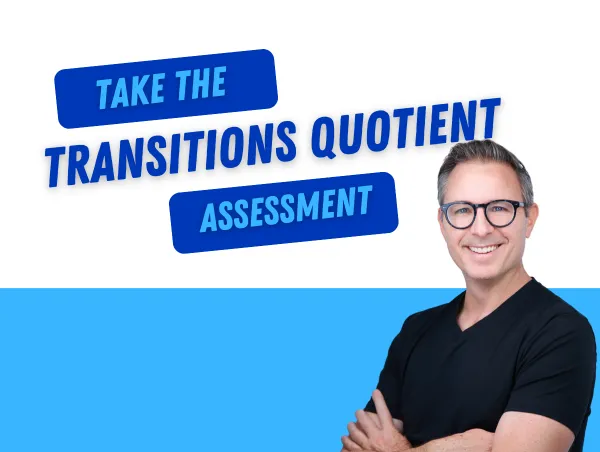
Transitions Quotient Assessment (TQ)
Transitions can feel messy and confusing, but they don’t have to be. The secret is understanding the science behind them, so you can navigate these shifts with a little more grace and a lot more self-compassion. Take the complimentary assessment NOW.
Professional Coaching Certifications
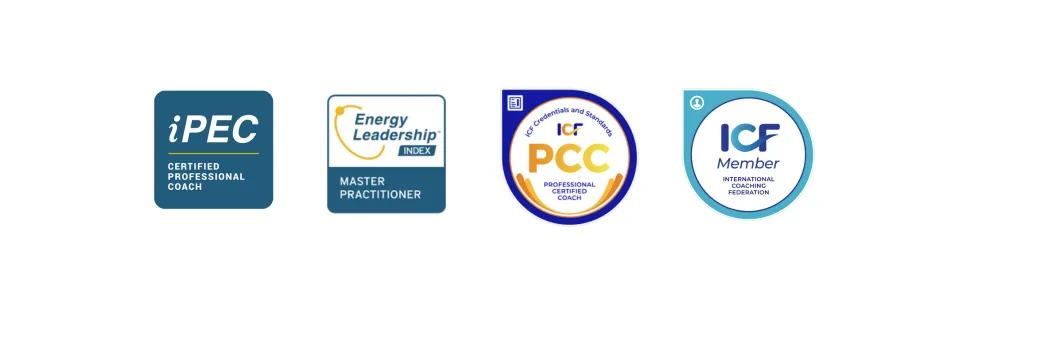
What Clients Are Saying

Alessandra Rodrigues
Chief Human Resource Officer - Itaú USA
If you are looking to increase your self-awareness and drive towards your goals, Kevin is an expert! Kevin has the methodology and the enthusiasm to keep you faithful to your goals and achieving them through milestones. He knows how to make this process fun with his bright personality and easy smile.
He supported me specifically in feeling more comfortable in bringing my authentic self to work and navigating challenging department organizational decisions.

Andrew Halverson
Senior Director Strategic Partnerships at VENN
This has been the most important leadership development work I have done in my career!
The most impactful work we did together was to help position me outside of inner dialogs in order to allow for greater awareness of how I’m engaging, when I’m reacting, when I’m being thoughtful. This has placed me in a position to be able to choose which approach I take to my work and relationships, inherently allowing me to be in greater control of the outcomes.

Marco Marchese
Executive Director Financial Services
I wish I had done this 20 years ago as Kevin is a great guide who helped me unlock the most amazing results.
Kevin really helped me to understand that the gap between my desires and the opportunities around me were not as large as I felt and that sometimes this gap was not there at all. I didn’t expect how much growth I experienced and the self-awareness that has allowed me to better evaluate my situation and my challenges. My recommendation to you is to take the plunge and open your soul.
Sign up now to receive powerful insights, transformative tools, and a fresh dose of inspiration delivered straight to your inbox.
Whether you're navigating a life pivot, embracing a leadership challenge, or just ready to level up, my emails are your personal guide to clarity, confidence, and success.
Plus, you'll get exclusive first access to groundbreaking strategies I only share here. Ready to make the most of every transition?
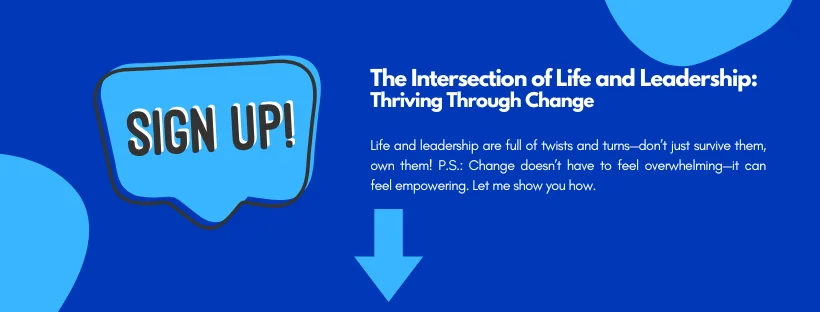
We respect your right to privacy.





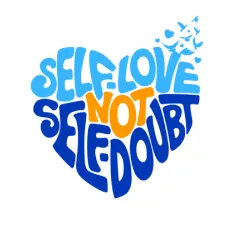
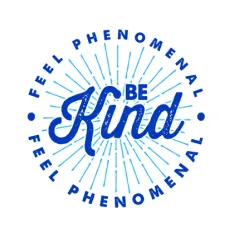



Facebook
Instagram
LinkedIn